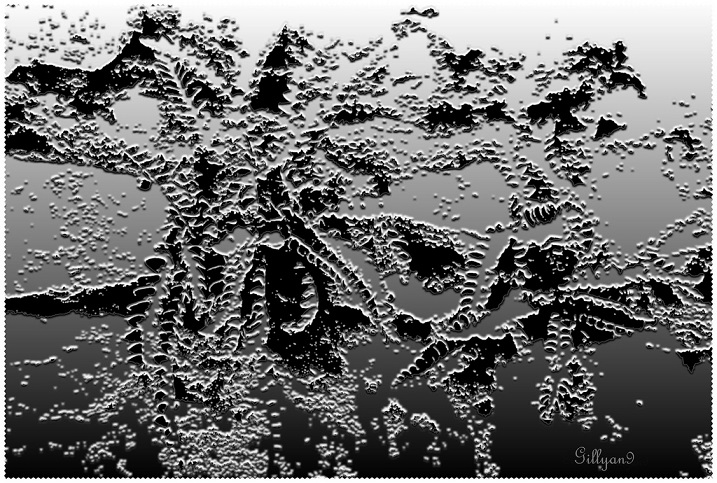‘If we are not capable of changing, then who is?’
Sustainability transitions are different from other transitions that are created by entrepreneurs exploring commercial opportunities related to new technologies. Sustainability transitions are aimed at solving persistent problems such as climate change, loss of biodiversity, depletion of natural resources and social- and economic hazards. These transitions are more complex because the goal in these transitions is related to a collective good, where free rider problems and prisoner’s dilemmas are often present, and single actors have limited influence.
Innovation and value creation are traditionally seen as endogeneous triggers of a transformation and often also of a sustainability transition. Huguenin & Jeannerat (2017) argue that in sustainability transitions this is not always the right perspective. They propose a valuation approach, which starts by focusing on the purpose behind the sustainability transition rather than the factors that contribute to it. Value creation in a sustainability transition context is not the result or byproduct of innovation. Value creation is about inquiring into new values in society, translating them into social and technological solutions and making them valuable in markets.
It is the “valuation” rather than innovation that will lead to a sustainability transition. Such a valuation approach will put social justifications before economic calculations. It is the commitment and meaning attached to these new ways of producing/consuming that are valued by the firms and recognized by market influencers. In fact it is placing responsibility at the core of future economic activity. Promoting values rather than selling endproducts. Such an approach is for most companies not business as usual. Therefore it is useful to start pilot projects that create this new meaning through controversy in action.
The pilot studies that are described by Huguenin & Jeannerat (2017) demonstrate that the studied firms demonstrate a responsibility to contribute to changing the general socio-technical regime instead of putting immediate economic competitiveness first.
As many of the readers know, I started more that twelve years ago a new venture to contribute to more responsible investing in real estate and infrastructure, by integrating investment management practices to engineering practices. Long term sustainable investment returns are the result of understanding sustainability and making responsible decisions in an open-ended reflexive learning process in a strong democratic context.
Please share your pilot studies or controversies in action that give new meaning on value creation and innovation in sustainability transitions!
Literature
Huguenin, A., & Jeannerat, H. (2017). Creating change through pilot and demonstration projects: Towards a valuation policy approach. Research Policy, 46(3), 624-635.
Photo credit: gillyan9 via Foter.com / CC BY-NC-ND

